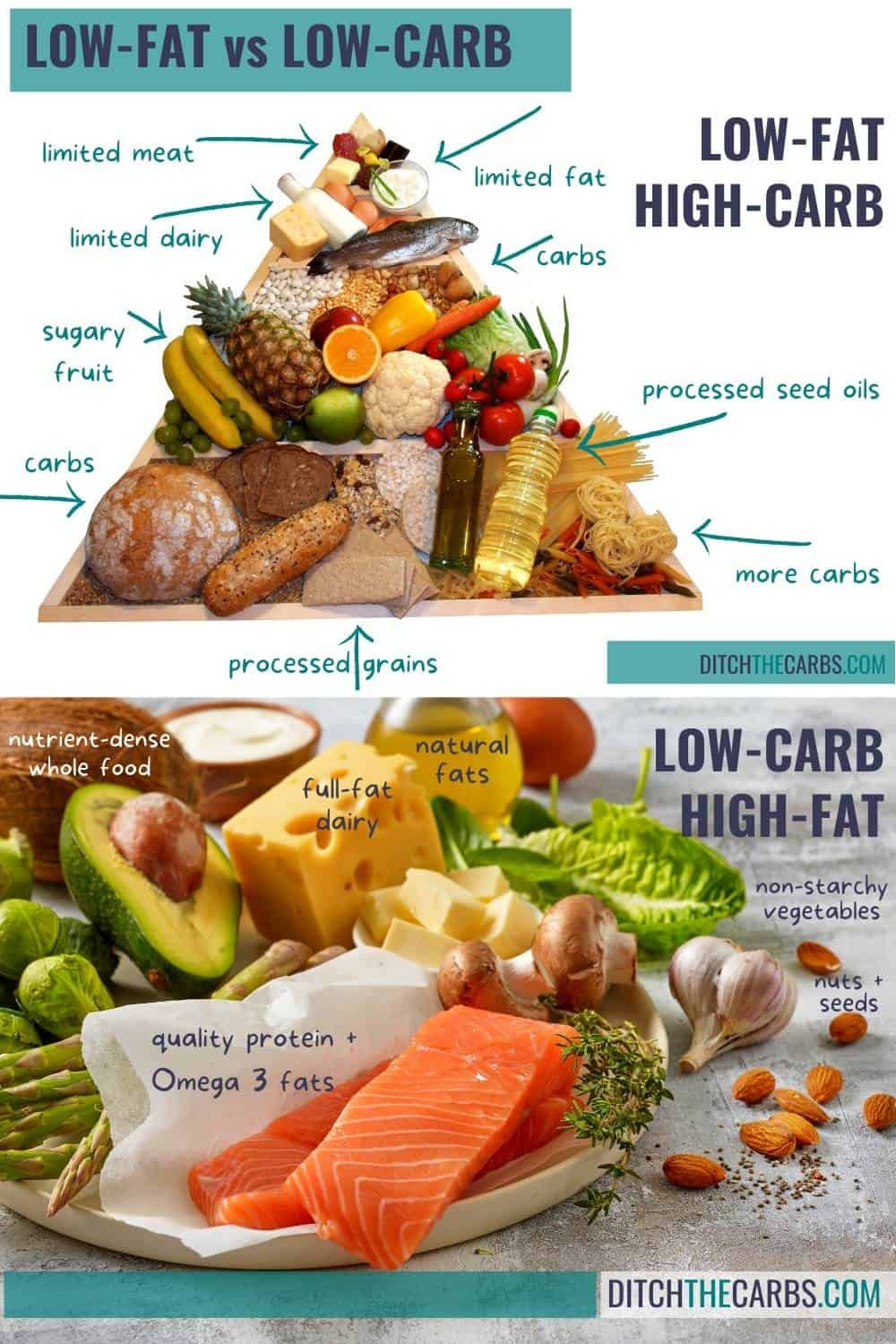Rise by Six: Your Daily Dose of Inspiration
Explore insights and stories that elevate your day.
Carb Loading: Fuel Up or Slow Down?
Unlock the secrets of carb loading! Discover if fueling up boosts your performance or holds you back. Find out now!
The Science Behind Carb Loading: How It Affects Your Performance
Carb loading is a strategy employed by athletes to maximize their glycogen stores before endurance events, such as marathons or long-distance cycling. This process involves consuming a higher proportion of carbohydrates in the days leading up to the event, allowing the body to store more glycogen in the muscles and liver. Glycogen is a critical energy source during prolonged exercise, and by increasing its availability through carb loading, athletes can improve their performance and delay fatigue. Generally, this diet plan starts about three days prior to the event, with an increase in carbohydrate intake to about 70% of total daily calories, while tapering off exercise to allow for recovery and glycogen replenishment.
Research suggests that effective carb loading can enhance endurance performance significantly. When glycogen stores are optimally filled, athletes often experience improved stamina, increased time to exhaustion, and faster recovery times post-exercise. However, it is important to note that not every athlete may benefit equally from this strategy. Individual responses to carbohydrate intake can vary based on factors such as fitness level, metabolism, and the specific demands of the sport. Therefore, it is crucial for athletes to test their carb loading methods during training to determine the most effective approach for their body and performance goals.

Carb Loading: Common Myths Debunked
Carb loading has been a popular strategy among athletes and fitness enthusiasts aimed at maximizing glycogen stores before endurance events. However, one common myth is that it requires excessive calorie intake or solely bingeing on pasta for days leading up to an event. In reality, effective carb loading typically involves gradually increasing carbohydrate intake while tapering exercise over a few days. This balanced approach not only helps maintain energy levels but also ensures the body is better able to utilize the stored glycogen during intense workouts or competitions.
Another prevalent misconception is that carb loading is only beneficial for endurance athletes. While it's true that runners and cyclists can greatly benefit from increased glycogen stores, athletes in various other sports can also experience advantages. For example, athletes participating in sports requiring bursts of energy, such as soccer or basketball, can utilize carb loading to enhance performance and endurance. Understanding that different sports may require varying approaches to nutrition is crucial for athletes to effectively incorporate carb loading into their training regimens.
Is Carb Loading Right for You? Key Considerations Before You Start
Carb loading, or carbohydrate loading, is a strategy often used by endurance athletes to maximize their glycogen stores before a significant event. This approach involves increasing your carbohydrate intake in the days leading up to a race or competition. However, is carb loading right for you? Before diving into this method, consider your personal fitness goals, the type of event you're participating in, and how your body reacts to changes in diet. Not everyone benefits from increased carbohydrate consumption—some may experience discomfort, bloating, or a sudden change in energy levels that could negatively impact performance.
There are several key considerations to evaluate before starting a carb loading regimen:
- Event Duration: Carb loading is particularly beneficial for events lasting over 90 minutes, such as marathons or triathlons.
- Dietary Tolerance: Assess how your body handles high carbohydrate intake. Consulting with a nutritionist can provide personalized insights.
- Timing: The effectiveness of carb loading depends on precise timing; a common method includes tapering off exercise while increasing carb intake.
Ultimately, whether carb loading is right for you hinges on your specific needs, activities, and physiological responses. Proper planning and understanding your body’s requirements are essential for successful implementation.